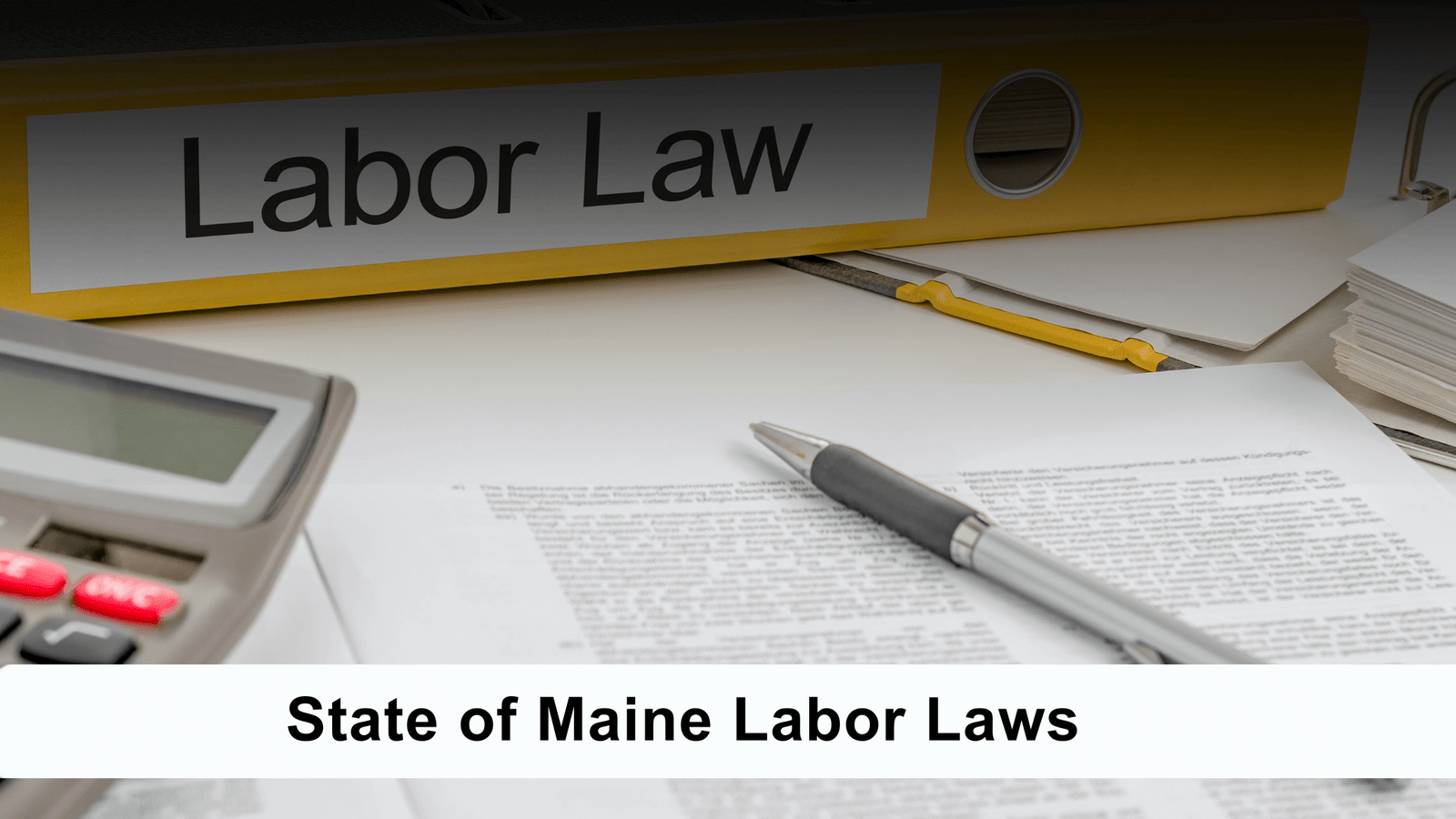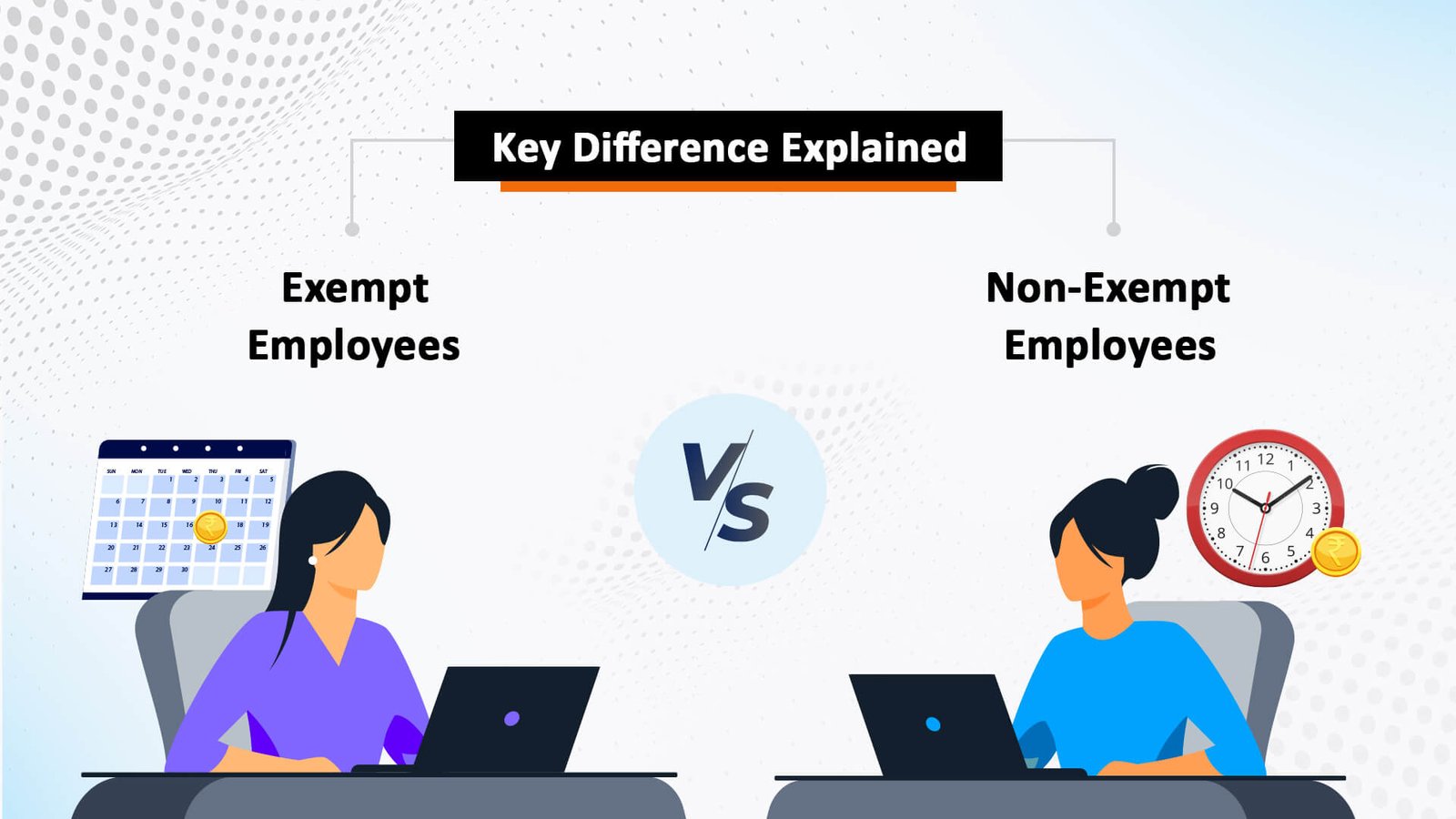State of Kansas Labor Laws are the key to making the workplace fair, safe, and employee-friendly for everyone. Ranging from anti-discrimination policies to worker safety, these laws are of prime importance in creating a workplace where everyone can feel comfortable.
Following the Kansas employment laws with federal guidelines on many employment issues, the state also has specific provisions regarding employee recordkeeping, overtime, workplace safety, and wage laws.
In this blog, we’ll explore the key aspects of Kansas labor laws and the protections.
Standard Working Hours And Wages
The Kansas Department of Labor (KDOL) is charged with enforcing wage payment, minimum wage, overtime, and child labor laws at the state level.
Kansas labor laws require that employers keep comprehensive records of employee wages, such as the worker’s name, title, rate of pay, and paycheck stubs, for a period of at least three years.
Minimum Wages
As per the labor laws in Kansas, it complies with the federal rate of $7.25 per hour. Nonetheless, there are special accommodations for young workers.
Employers can pay less than the minimum to workers younger than 20 for a subminimum of $4.25 an hour for their first 90 consecutive days of work.
Overtime Laws
As per the Kansas labor laws overtime, employers are required to adhere to the federal provision that dictates non-exempt workers receive 1.5 times their standard hourly wage for each hour they work beyond 40 hours in a workweek.
Some employees are not exempted from overtime under the exemptions that are known to the FLSA, which Kansas also adheres to.
They are:
- Outside sales workers.
- Executive, administrative, and professional employees.
- Certain computer-related workers.
- Agricultural and seasonal workers.
For an employee to be exempt, they must meet both the FLSA duties test and the minimum salary requirement. Being on a salary does not necessarily mean that an employee is exempt from overtime.
Tipped Minimum Wages
In Kansas, it is acceptable for employers to give tipped employees a cash wage of as little as $2.13 an hour.
Meal and Rest Breaks
There are no particular Kansas labor laws lunch break mandating employers to offer meal or rest breaks for adult workers. However, break policies within the state are guided by federal legislation under the Fair Labor Standards Act (FLSA). The rules stipulate that:
- More than 20-minute meal breaks may be unpaid, but only if the employee is completely relieved from work responsibilities.
- Such short breaks of 20 minutes or shorter are to be considered as paid working time.
Leave Laws In Kansas
The Family and Medical Leave Act (FMLA) entitles eligible Kansas employees to take protected, unpaid leave for significant personal and family occasions. These Kansas labor laws for salaried employees include tending a newly born child, addressing a serious health issue, or caring for a family member with a severe condition.
Under Kansas policy, available paid leave is exhausted first before resorting to unpaid FMLA leave.
Additional leave protections are offered by Kansas:
| Type of Leave | Details |
| Paid parental leave | From 2021, state employees receive 8 weeks (primary caregivers) or 4 weeks (secondary caregivers). |
| Jury duty leave | Workers cannot be discharged or disciplined for their service. |
| Prenatal leave | Starting from January 1, 2026, Senate Bill 153 will provide employees with 20 paid prenatal leaves. |
| Voting leave | Workers are entitled to two consecutive hours off to vote on election day, arranged during regular work breaks. |
| Military leave | Leave without pay must be given for state armed forces service. |
| Domestic violence leave | Victims are entitled to up to 8 days of unpaid leave to ensure their safety and well-being. |
Workplace And Safety
Employers in Kansas must ensure a healthy and safe working environment for their workers. As per the latest Kansas labor laws, they do this through providing dangerous equipment training, making employees aware of possible hazards, and implementing safety policies across the entire company.
As per the State of Kansas Labor laws, it also mandates that employers who have a physical office in the state post official workplace posters on:
- Employee responsibilities and rights under workers’ compensation statutes.
- State unemployment insurance resources.
- Child labor statutes (if children are used).
- No smoking signs in accordance with the Kansas Indoor Clean Air Act.
Child Labor Laws
Kansas statute places certain restrictions on the number of hours children may work to protect their safety and education. The regulations differ based on the child’s age and whether school is in session:
For 14- and 15-year-olds:
During school session:
- A maximum of 3 hours of school day.
- A maximum of 18 hours of the school week.
- No working during school time.
- Only work permitted from 7 a.m. to 7 p.m.
During school, not in session
- Up to 8 hours a day.
- Up to 40 hours a week.
- Work permitted until 9 p.m.
For 16- and 17-year-olds:
No limitation on hours, whether school is in or out of session.
These regulations provide a balance between work requirements and schooling and development for youth in Kansas.
Taxes in Kansas
Kansas has a graduated state income tax for individuals, which is 3.10% to 5.70% depending on income.
Are you fed up with the mistakes and confusion on your pay stubs?
Issuing accurate paystubs can be time-consuming and puzzling for employers and employees. Wage miscalculations, omitted deductions, or incorrectly formatted paystubs can result in compliance and even legal issues.
A free paystub generator provides an easy, dependable answer. With a few inputs, you can produce professional, accurate paystubs in minutes, with all deductions, taxes, and income properly calculated.
Don’t make paystub preparation a hassle. Use a Stub Creator today to simplify your payroll process, give employees professional and clear pay documents, and be completely compliant with federal and state regulations.
Curious Minds Also Ask
Is it legal to work 8 hours without a break in Kansas?
Yes, it is legal. Kansas has no requirement for breaks for adult employees.
How many hours can you work in a day in Kansas?
No state daily standard; overtime applies after 40 hours in a week for non-exempt employees.
What are the employment laws in Kansas?
Kansas adheres to federal labor laws and has state-specific regulations in FMLA, worker safety, and leave.
What is the hostile work environment law in Kansas?
Harassment based on protected characteristics that gives rise to a hostile or offensive work environment is prohibited.
Can you be fired without cause in Kansas?
Yes, Kansas is an at-will state; employees can be discharged without cause.
What is the tip law in Kansas?
Employers can pay tipped employees $2.13/hour, but overall earnings must be at least as much as the federal minimum wage.
What is considered harassment in Kansas?
Unwanted behavior, words, or physical acts based on a protected trait create a hostile atmosphere.
Is Kansas a right-to-work state?
Yes, Kansas is a right-to-work state.
How many breaks do you get in an 8-hour shift in Kansas?
Kansas does not require breaks; they are optional for the employer.
What is the statute 21 6206 in Kansas?
Statute 21-6206 regulates Kansas wage payment requirements.
Is 32 hours full-time in Kansas?
Full-time is whatever the employer defines; frequently, 32–40 hours per week.
What is the Kora Act in Kansas?
The Kansas Open Records Act (KORA) provides for public access to government records.
What is statute 8-1571 in Kansas?
Statute 8-1571 pertains to child labor laws for wages and hours.
What are the odd laws in Kansas?
Odd laws include a prohibition against serving cherry pie with ice cream on Sundays and against the hunting of whales.
What is the statute 8 1526 in Kansas?
Statute 8-1526 provides for working hours and conditions for children.
What is the statute 12 1301 in Kansas?
Statute 12-1301 pertains to procedures and filing requirements in civil courts.
What is the statute 40 284 in Kansas?
Statute 40-284 pertains to insurance regulation and compliance requirements.
FAQ's
What is the minimum wage in Kansas for 2025?
+
As of 2025, Kansas follows the federal minimum wage of $7.25 per hour. The state does not have a higher minimum wage, so federal law applies unless future legislation changes it.
Are Kansas employers required to provide paid sick leave in 2025?
+
No, Kansas does not have a statewide paid sick leave law. Employers may provide paid or unpaid sick leave at their discretion, though some businesses choose to offer it as part of their benefits package.
How many hours can employees legally work in Kansas without overtime pay?
+
In Kansas, overtime rules follow the federal Fair Labor Standards Act (FLSA). Employees must be paid 1.5 times their regular rate for all hours worked beyond 40 in a workweek, unless they are exempt.
Does Kansas require meal or rest breaks in 2025?
+
Kansas labor law does not mandate meal or rest breaks for adult employees. However, if an employer offers short breaks (usually up to 20 minutes), they must be paid. Meal breaks of 30 minutes or more can be unpaid if the employee is fully relieved of duties.





